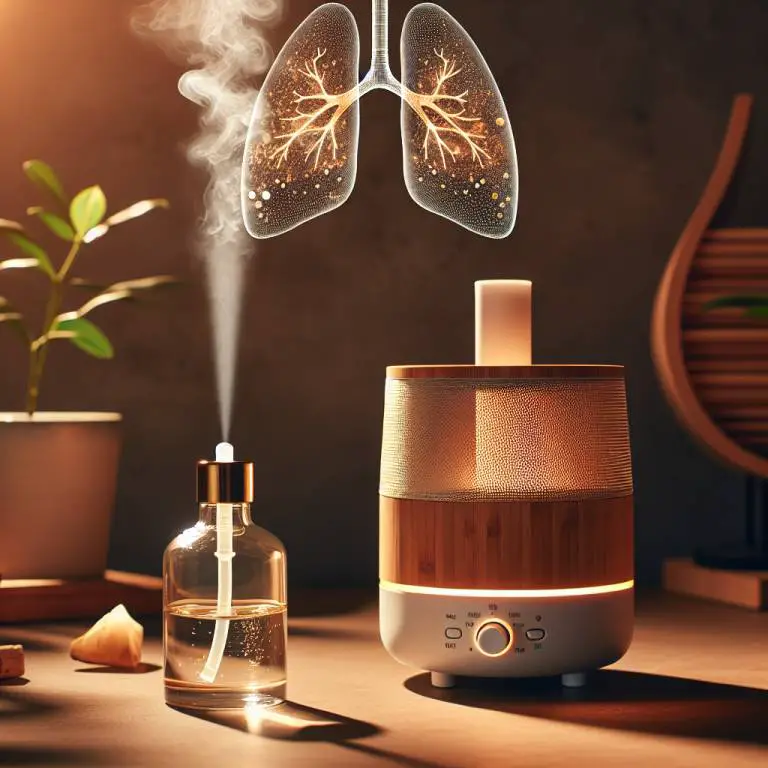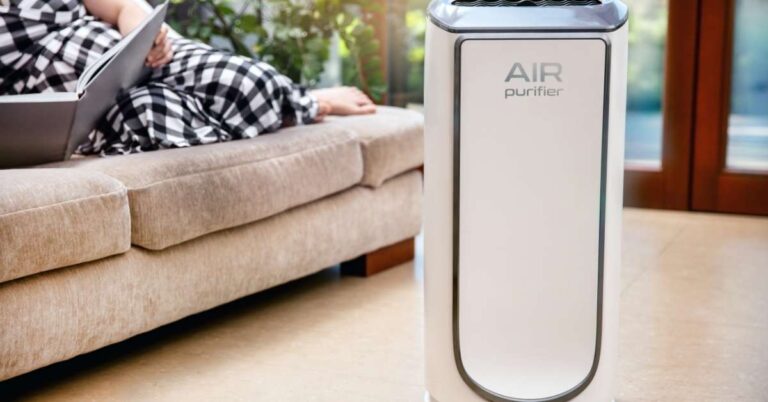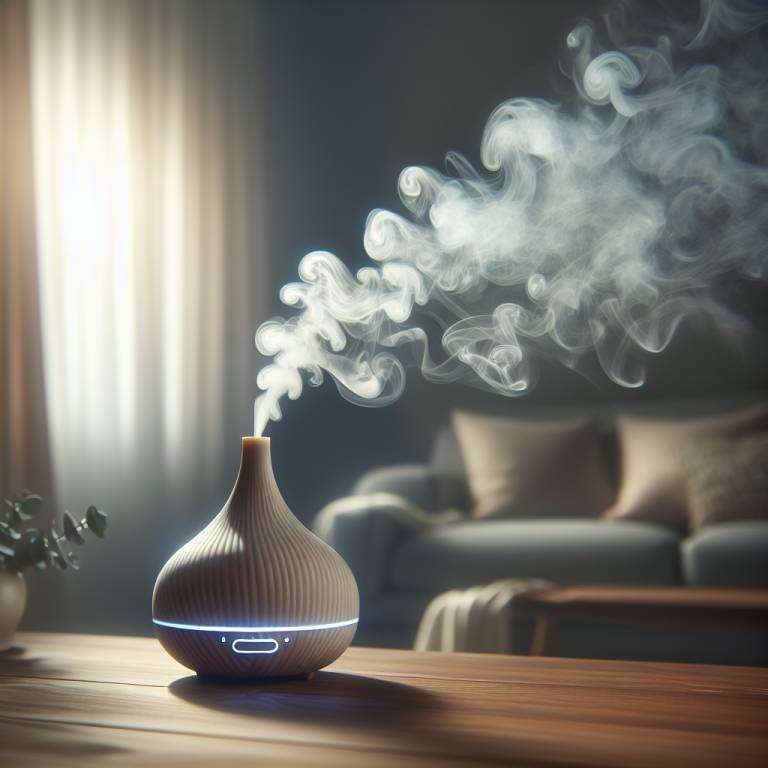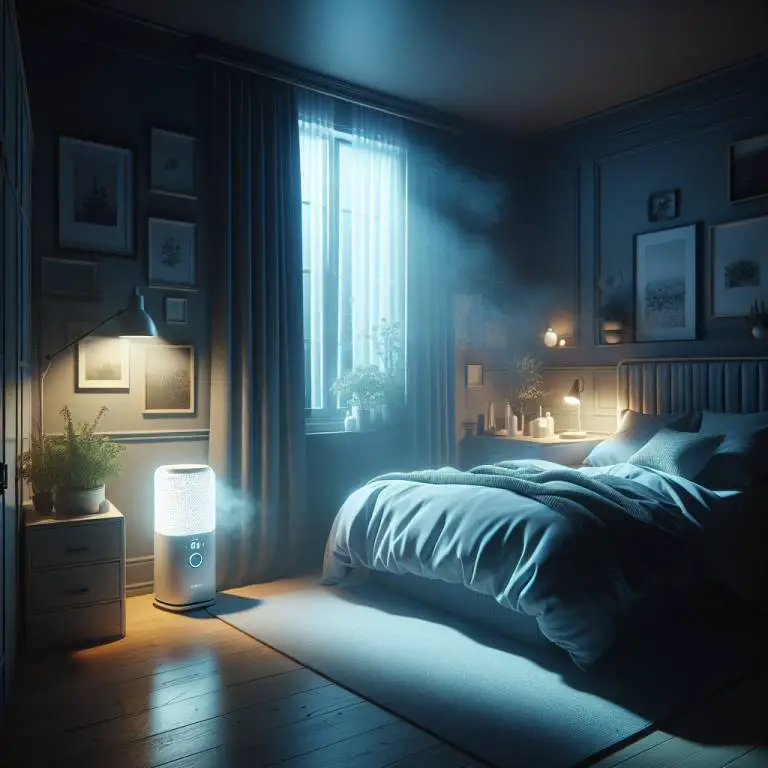Do Air Purifiers Really Help With Asthma?
Yes, air purifiers can help with asthma by removing allergens and pollutants from the air, which are common triggers for asthma attacks. They work by filtering out dust, pollen, pet dander, and smoke, making the air cleaner to breathe. However, it’s important to choose an air purifier with a HEPA filter for it to be effective against asthma symptoms. While they are not a cure for asthma, they can significantly reduce symptoms and improve quality of life.
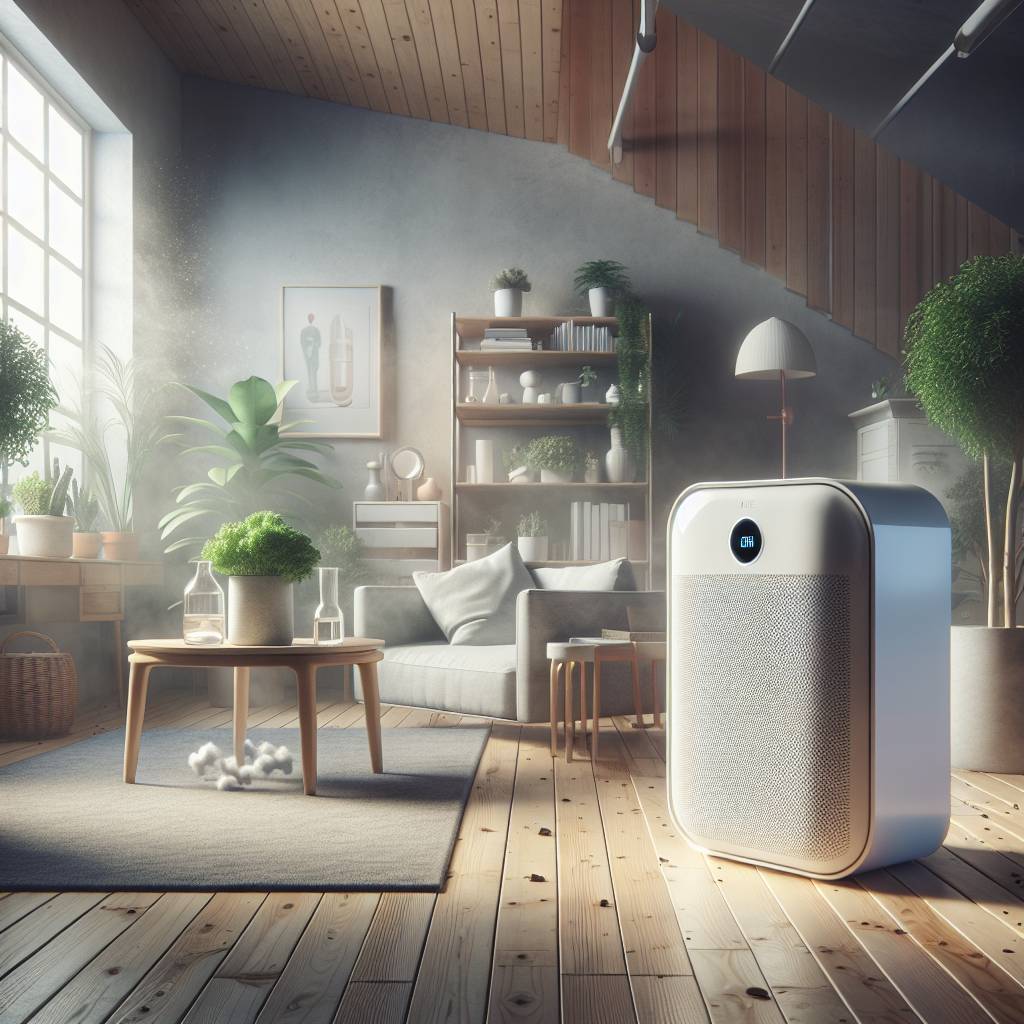
How do air purifiers help with asthma symptoms?
Air purifiers work by cleaning the air inside your home. They pull in dirty air, trap the bad particles, and then push out clean air. This process can help people with asthma because it reduces the number of triggers in the air. Triggers are things like dust, pollen, and pet dander that can make asthma symptoms worse.
When these triggers are removed from the air, it can lead to fewer asthma attacks. People with asthma might find they cough less and breathe easier when an air purifier is used in their home. It’s like giving your lungs a little break from fighting off things that irritate them.
What types of air purifiers are most effective for asthma sufferers?
Not all air purifiers are the same. For people with asthma, HEPA (High-Efficiency Particulate Air) filters are often recommended. These filters are really good at catching tiny particles that other filters might miss. HEPA filters can trap things like pollen, dust mites, and pet dander which are common asthma triggers.
Another type of air purifier that might help is one with an activated carbon filter. This kind doesn’t just trap particles; it also helps get rid of odors and chemicals in the air. This can be helpful because certain smells or fumes can also trigger asthma symptoms.
Wondering how to tackle asthma triggers in your house? Explore our favorite air purifier for asthma and see the difference it can make in your air quality. Learn more now!
Can air purifiers remove asthma triggers from indoor air?
Yes, air purifiers can remove many common asthma triggers from indoor air. By using a combination of filters, such as HEPA and activated carbon, these devices can capture a wide range of particles and gases that may cause problems for people with asthma.
However, it’s important to remember that not all triggers will be eliminated completely. For example, very small particles or gases might slip through even the best filters. But by significantly reducing these triggers in your home environment, you’re likely to see an improvement in your symptoms.
How should an air purifier be used to get the best results for asthma?
To get the best results from an air purifier for someone with asthma, placement is key. The purifier should be placed in areas where you spend a lot of time, like bedrooms or living rooms. Keeping doors and windows closed while it’s running will also help ensure it’s cleaning the indoor air effectively rather than pulling in more outdoor pollutants.
Maintenance is another important factor for effectiveness. Filters need to be changed regularly according to the manufacturer’s instructions to keep trapping those harmful particles efficiently. Also, running your air purifier continuously on a low setting might be more effective than using it sporadically at high speeds since this ensures constant filtration of indoor air.
| Aspect | Effectiveness | Notes |
|---|---|---|
| Airborne Particles | High | Removes common asthma triggers like dust, pet dander, and pollen. |
| Chemical Pollutants | Moderate | Can reduce but not eliminate gases and VOCs which may trigger asthma. |
| Smoke | High | Effective in removing smoke particles which are harmful to asthma sufferers. |
| Mold | High | Helps in reducing mold spores in the air, a common asthma trigger. |
| Viruses/Bacteria | Moderate to High | Some purifiers with HEPA filters or UV light can reduce these pathogens, indirectly benefiting asthma sufferers. |
| Overall Indoor Air Quality | High | Improves general air quality, potentially reducing asthma symptoms and attacks. |
What features should you look for in an air purifier to combat asthma?
To fight asthma with an air purifier, it’s important to choose one with a HEPA filter. HEPA filters are great because they catch tiny particles. These particles include dust, pollen, and pet dander that can make asthma worse.
Another key feature is the size of the air purifier. Make sure it matches the size of your room. A too-small purifier won’t clean the air well in a big room. Also, look for one that has different speed settings. This way, you can adjust how fast it cleans the air.
Are there any side effects of using air purifiers for people with asthma?
Mostly, air purifiers are safe for people with asthma. But, some types might not be good for everyone. For example, ozone generators claim to clean the air but can actually make asthma symptoms worse by irritating the lungs.
Also, if you don’t clean or change the filters often, it can cause problems. Dirty filters may release trapped pollutants back into the room. So, it’s important to follow maintenance instructions carefully.
How often should air purifiers be run to help with asthma?
To help with asthma, it’s best to run your air purifier all day. This keeps cleaning the indoor air continuously. By doing this, you reduce the chance of asthma triggers building up in your home.
If running it all day is not possible due to energy concerns or noise levels, at least use it during sleep hours. Nighttime is crucial because breathing in cleaner air can lead to better sleep quality and fewer nighttime asthma issues.
Final Thoughts
An air purifier can be a helpful tool for people with asthma by removing triggers from indoor environments. When choosing one, focus on models with HEPA filters and ensure they’re properly sized for your space.
Remember that while beneficial, maintaining your device is key to avoiding potential side effects like worsening symptoms from ozone production or dirty filters. Running your purifier as much as possible will provide continuous protection against airborne triggers that could lead to asthma flare-ups.

